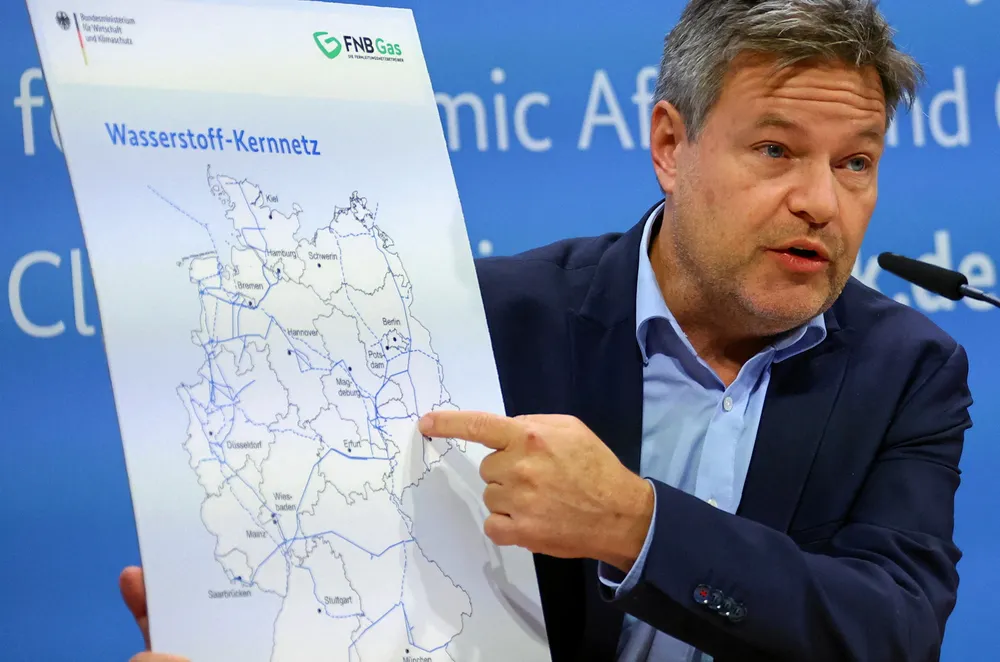German hydrogen pipeline network will begin transporting H2 in 2025, with 9,700km in place by 2032, says government
An acceleration law to ensure that construction work advances is expected to be introduced this year

An acceleration law to ensure that construction work advances is expected to be introduced this year
